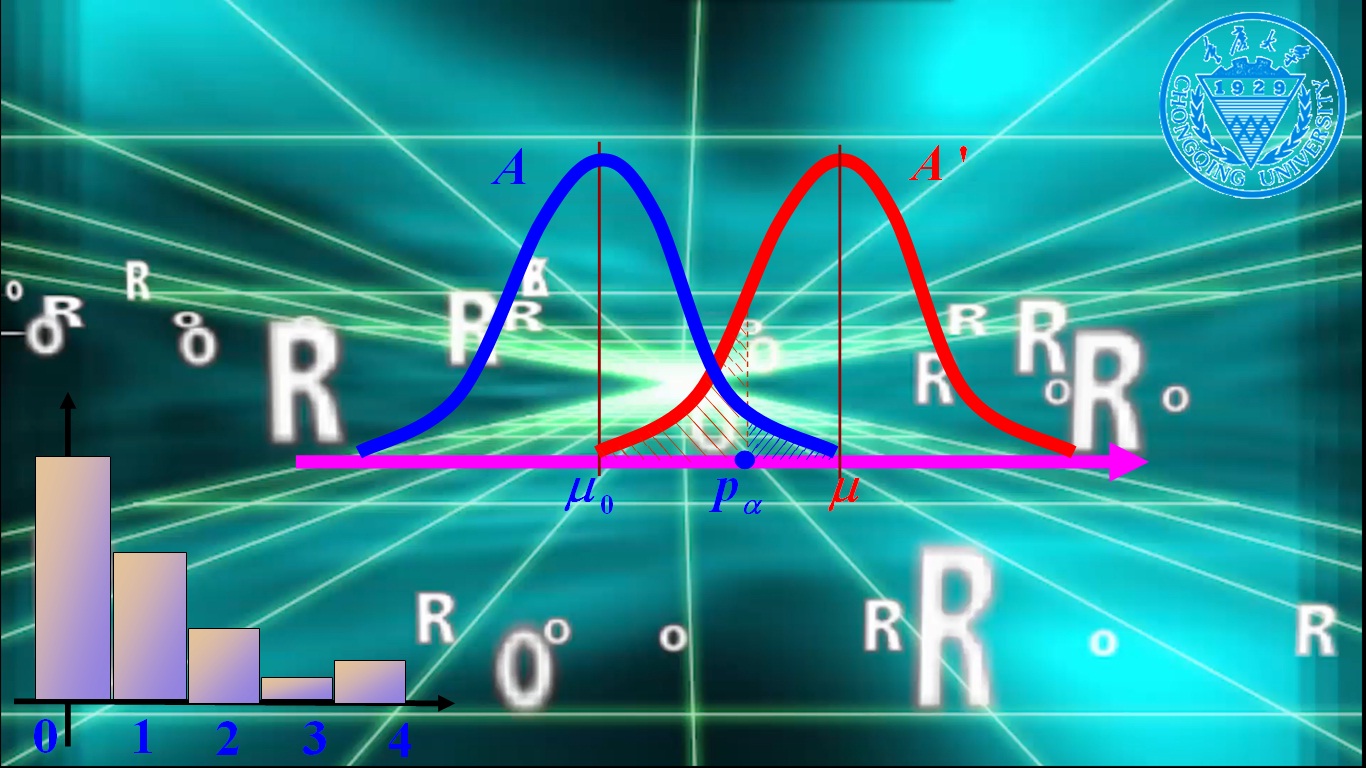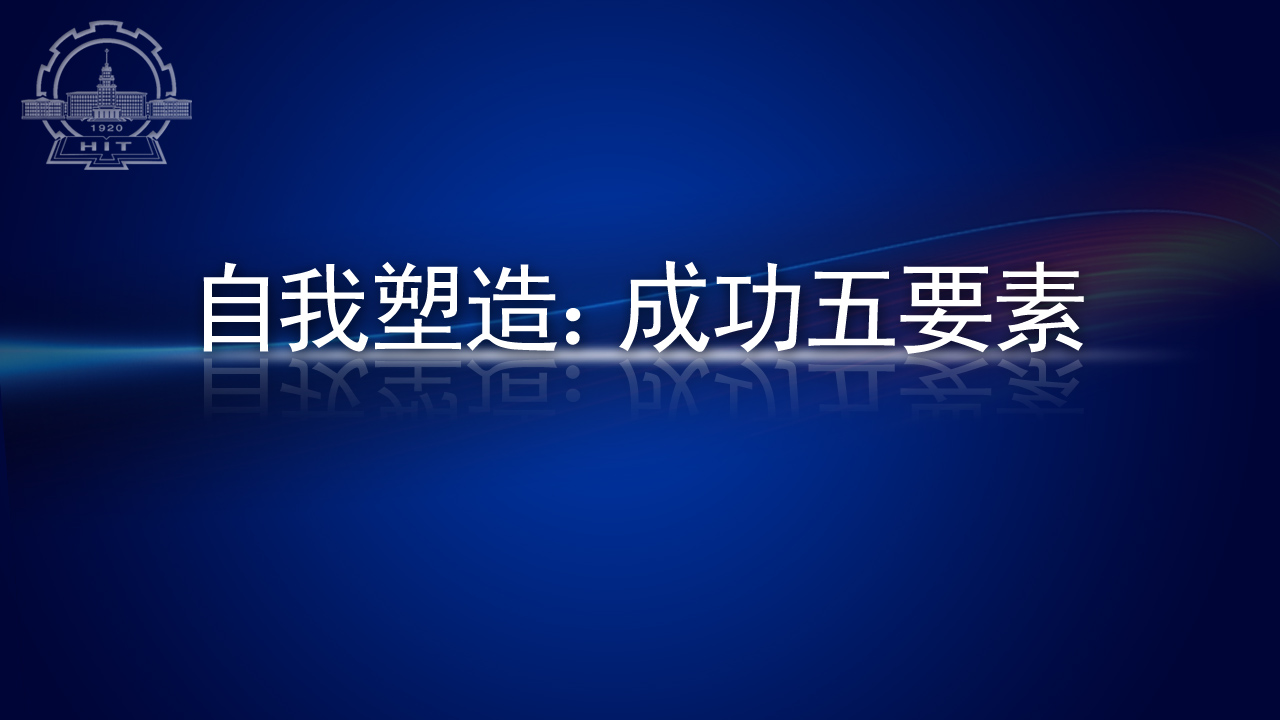
当前课程知识点:Research Methods in Tourism Studies > Week 2 Qualitative versus Quantitative Approach > 2.1 Philosophical Bases of the Two Approaches > 2.1.1 Philosophical bases of the two approaches
返回《Research Methods in Tourism Studies》慕课在线视频课程列表
返回《Research Methods in Tourism Studies》慕课在线视频列表
大家好
欢迎来到本章课程
我是Daisy Fan 来自伯恩茅斯大学
很高兴能在这里与大家分享研究方法
首先 我想谈谈研究设计
目标如下
第一
我们想了解两种研究方法的哲学基础
然后 我们想知道定性和定量方法之间的主要区别
最后 希望你能选择最适合自己研究的方法
因此在第一节中 我们要了解
两种研究方法的哲学基础
因此 请看这个研究轮
在研究中 我们有不同的阶段
首先 我们要从主题选择开始
我相信您已经在之前的内容中
了解了如何选择研究主题
一个好的研究主题
能提供理论和实践上的贡献
第二 焦点问题
在进行研究时
我们希望通过文献综述来缩小研究问题的范围
这就像一个漏斗
我们努力扩大文献的广度
然后我们选取几个研究问题
第三 设计研究
这是本节的主要内容
我们想要设计一个研究的整个过程
例如 我们将遵循哪种研究方法
我们希望收集什么样的数据 以及如何解释这些数据
根据拟定的研究设计
第四点就是要通过收集数据来实施研究计划
收集到数据之后 我们需要分析数据
在此阶段 我们可能需要使用不同的软件
例如NVIVO SPSS AMOS等
在分析数据之后 我们得到了结果
那么 有了这些发现 我们该如何理解数据呢
我们如何用自己的方式解释数据呢
最后 根据这些发现 我们如何告知其他利益相关者
最后 根据这些发现 我们如何告知其他利益相关者
例如政府官员 旅行代理商等
应该如何使用我们的研究成果呢
在这门课程中 我们将涵盖以上所有要素
毋庸置疑 第三点的研究设计当然是非常重要的
请看这张图片
图中两个人看到同一场景后
一个说“有四根棍子”
另一个却说“不对 这里只有三根”
这意味着什么呢
根据马库斯的说法 “我们听到的一切都是意见 而不是事实
我们所看到的一切都是一种视角 而不是真相”
所以这就是我们做研究的过程
而作为人类 我们有不同的思维方式
所以当我们试着去理解一些东西的时候
我们会尽量遵循我们自己的方法
这意味着我们最终得到的发现或信息
可能会因使用的方法不同而不同
在进行任何研究之前
我们都要了解研究的范式
现在很多研究者一开始都忽略了研究范式
但实际上 这是所有研究的基础
现在让我们来看看研究范式的不同定义或概念
首先 库恩认为
范式是科学家观察世界的概念网络
库巴认为 范式是一套指导行动的基本信念
无论是日常花园的品种还是与纪律调查有关的行动
休斯认为
每一种研究工具或程序都包含着
对世界特定的承诺
以及研究人员对世界的认知方式
为了理解这些范式 我们需要回答这三个主要的问题
第一是本体论 即现实的本质是什么
第二是认识论 即我们是如何看待事物的
最后是方法论 即探索发现事物的方式
这个流程图有助于我们对研究范式的深入理解
如上所述 从本体论着手
意味着我们要明确研究的现实是什么
第二是认识论
它意味着我们如何看待和认识现实
第三 从理论视角出发
我们可以用什么方法来获取知识
然后我们开始了解整个研究的方法论
即我们可以用什么程序来获取知识
然后根据方法论
我们可以决定我们想要用什么工具或方法来获取信息
如调查、访谈、观察等等.
最后是关于数据来源
即我们可以收集什么数据
如访谈数据 问卷数据 质性数据等
这都需要一一决定
在这里 我们想展示在研究中
使用的两种主要研究范式
第一个是实证主义
实证主义者认为现实是唯一存在的
是可以被衡量或知晓的
因此 实证主义更有可能
使用定量的方法来衡量这一现实
相比之下 建构主义或解释主义
认为没有单一的现实或真理
因此现实需要被解释
被谁呢 研究者 对吗
因此 建构主义更有可能使用定性的方法
来获得这些多重现实
如果我们看看这个表
就可以看到这两种范式之间的区别 对吗
下面是我们想问自己的三个主要问题
首先 实证主义有一个单一的现实或选择 对吗
第二 对于那些建构主义者来说
他们认为没有单一的现实或真理
现实是由群体中的个体创造的
对于第二个问题
我们如何才能如何知道现实呢
实证主义认为现实是可以衡量的
因此研究的重点应放在可靠和有效的工具上
对于后者 也就是建构主义者来说
他们认为需要对现实进行解释 发现事件或活动的潜在含义
最后是关于方法论的问题
即您用什么方式探索现实呢
那么您如何找到答案
对于实证主义而言
实验研究或大规模调查研究可以实现这些目标 对吗
对于建构主义者而言
他们相信 例如扎根理论的方法
因此
他们可能会使用这些工具来实现其研究目标
这就是我们所说的解释性研究
在本节的结尾
我希望我们可以更好地理解不同的研究范式
最重要的是
我希望能帮助您更好地理解实证主义和建构主义
以及两者在研究中的差异
-1.1 Research Question and Research Objectives
--1.1.1 Student interview before class
--1.1.2 The starting point: question
--1.1.3 What is a good research question?
--1.1.4 Ways to find a good research question
-1.2 Title Design
--Acticle: Leisure & Travel as Class Signifier: Distinction Practices of China's New Rich
--Discussion: Why do we research?
-1.3 Literature Retrieval Method and Literature Databases
--1.3.1 Common literature retrieval method
--1.3.2 Common literature search database
-1.4 Information Collection and Academic Journals in Tourism
--1.4.1 Academic journals in tourism research
--1.4.2 Literature collection methods and principles
-1.5 Literature Reading
--1.5.2 Overcoming obstacles in literature reading
--Week 1 quiz
--Discussion: What difficulties have you encountered in reading literature?
-2.1 Philosophical Bases of the Two Approaches
--2.1.1 Philosophical bases of the two approaches
-2.2 Differences between the Two Approaches
--2.2.1 Differences between the two approaches
--Article: Does tourist–host social contact reduce perceived cultural distance?
-2.3 Be Aware of Your Own Research Views
--2.3.1 Be aware of your own research views
--Discussion: How to choose research method?
-2.4 Research Example: Social Tourism
--2.4.1 What is social tourism?
--2.4.2 Established frameworks on social tourism
--2.4.3 Major research findings on social tourism
--2.4.4 Major findings of social tourism research
--2.4.5 Opportunities and challenges for social tourism
--Week 2 quiz
- 3.1 Key Procedures in Qualitative Approach
--3.1.1 Key procedures in qualitative approach
-3.2 Qualitative Data Collection and Analysis
--3.2.1 Key procedures and data collection methods in qualitative approach
--3.2.2 Data collection and analysis in qualitative approach
--3.2.3 Data analysis in qualitative approach
-3.3 Case Study and Content Analysis
--Discussion: Have you ever used a qualitative approach in your research?
-3.4 Using Coding and Themes in Qualitative Research
--3.4.1 Using coding and themes in qualitative research(1)
--3.4.2 Using coding and themes in qualitative research(2)
-3.5 Using Conceptual Framework in Qualitative Research
--3.5.1 Using conceptual framework in qualitative research(1)
--3.5.2 Using conceptual framework in qualitative research(2)
--Article: Tourist typology in social contact: an addition to existing theories
--Week 3 quiz
--Discussion: How to ensure the reliability and validity of qualitative study?
-4.1 Using Questionnaires in Quantitative Research
--4.1.1 Make an effective literature review and research method design
--4.1.2 Learn to write powerful findings and discussion
-4.2 Using Experiment in Quantitative Research
--4.2.4 Eye tracking experiment
-4.3 Using Mixed Method
--4.3.1 Sustainabble tourism development (1)
--4.3.2 Sustainabble tourism development (2)
--Article:Creating a scale for assessing socially sustainable tourism
--Week 4 Quiz
--Discussion: How to use quantitative methods to study tourists' reaction?
-5.1 Current Research Priorities
--5.1 1 A review of hospitality research
--5.1.2 Impact of information technology on hospitality and tourism research
-5.2 Multi-Level/ Multiple Sources of Date Collection
--5.2.1 Experimental design (1)
--5.2.2 Experimental design (2)
--5.2.3 Multi-level/multiple sources of data collection
-5.3 Mixed Method and Interdisciplinary Research
--5.3.2 Interdisciplinary research
--Article: The meanings of destination: a Q method approach
--Discussion: Can you talk about your understanding of research methods?
-5.4 Using Delphi Method in Research Design
--5.4.1 What is the Delphi method?
--5.4.3 Characteristics of the Delphi method
--5.4.4 Predicting the future of wine tourism
--Week 5 quiz
--Discussion: Philosophical basis of research methods
-6.1 Journal Publication
--6.1.1 How to publish in the top journals? (1)
--6.1.2 How to publish in the top journals? (2)
--6.1.3 How to publish in the top journals? (3)
--6.1.4 How to publish in the top journals? (4)
--Article: Analyzing the economic sustainability of tourism development: evidence from Hong Kong
-6.2 Academic Ethics
--6.2.2 Student interview after class
--Week 6 quiz
--Discussion: Academic publication and academic ethics
--Final quiz




